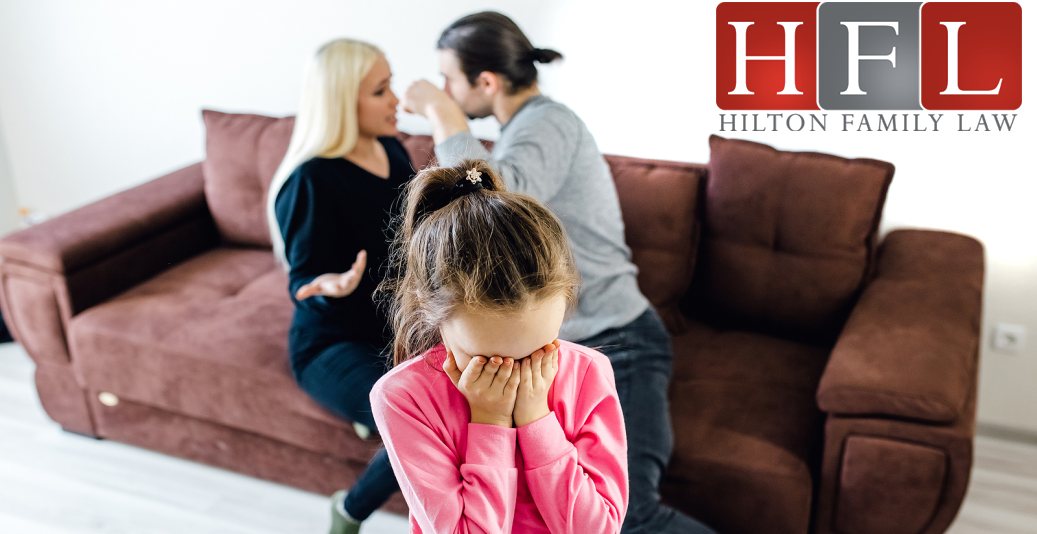There is no way to underplay the emotional impact that divorce has on children and the important role that both parents play in helping them work through their emotions and fears. I always advise my clients that the sooner they can get back to being friends with the other parent, the sooner their children recover as well. Ideally, I call it best co-parent friends, and when my clients get to the point where this is true, everyone is happier. But this is a process that takes time and sometimes is not possible. If the other parent is abusive, unavailable or for some reason, unwilling to co-parent, then you have to accept the reality of the situation and make the best of it for your children, but that is the rare case.

Here are some steps to help you transition from marriage to single with children and to best co-parent friends.
1. Tell your children together. If possible, it is best to tell the children about your separation together. Keep it straight forward and the less emotion from you and the other parent the better. Be prepared for all ranges of reactions from your children and work through them together. It is important to present this as a joint decision. You went into the marriage together, so you better get out of it together. Save the blame for your private therapy.
2. Reassure your children that each parent will continue to be equally important and a part of their lives. If you have plan for post-separation parenting, then share that with the children as soon as possible. Professionals can help you know what schedule is age appropriate for children, all else being equal. Show the children the new house or apartment that will be part of their lives so they get used to the idea of making a new or second home. I always advise my clients to involve the children in decorating their new space so they are excited about being there and for younger children, have a transition toy or stuffed animal that goes back and forth that can provide additional comfort as well.
3. Reassure the children, as many times as necessary, that the divorce is not their fault. Your children should not bear any of the emotional responsibility for this decision and it is your job to make sure that they do not.
4. Be open to hearing their emotions, pain and even anger about the divorce. Remember that you went through a full range of emotions before reaching this decision and the children were most likely not part of that process. Many children will avoid discussing the topic, so ask them questions that let them know its ok to talk to you about their feelings, even if they think you won’t like them. If the divorce is basically your fault, because of infidelity or abuse or something else you are responsible for, then take ownership of that and apologize. You don’t have to overshare adult information but treat your children with the respect they deserve. By owning your own mistakes, you are modeling a recovery method for them when they make mistakes and validating their feelings. This can be very healing for your family.
5. Last and maybe most important, never disparage the other parent. Remember that your child considers themselves as being part of both parents, so disparaging the other parent is disparaging the child.
There are many resources available for your family to help walk you through the process. My office can provide referrals if you need specialized advice.
This article is not legal advice and I hope you seek professional help for your divorce and your family.
Go in Peace.
Amy
